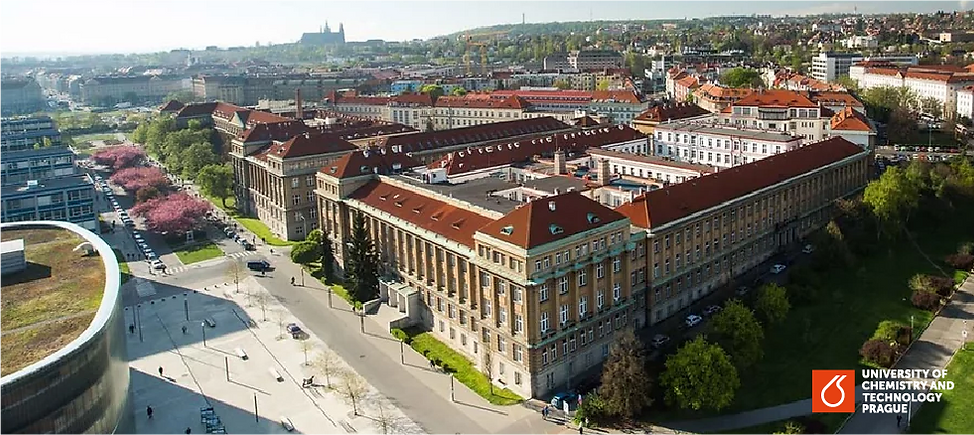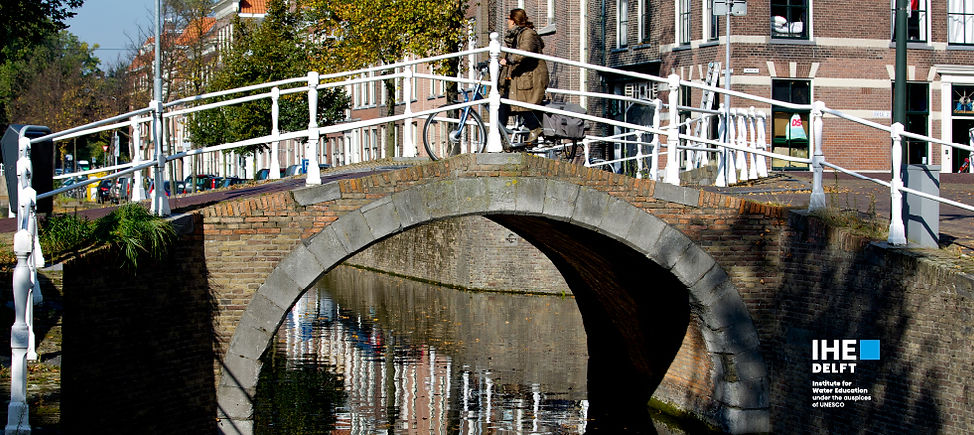The study load of the IMETE programme is 120 Credits, 30 Credits can be obtained per semester

PROGRAMME
Semester 1
University of Chemistry and Technology, Prague, Czech Republic
SEPTEMBER - JANUARY

Semester 2
IHE Delft Institute for Water Education, Delft, The Netherlands
FEBRUARY - JUNE

Semester 3
Ghent University,
Gent, Belgium
SEPTEMBER - JANUARY
Semester 4
Main partner or one associated partner
FEBRUARY - AUGUST
Master dissertation
The Master Dissertation is an integrated part of the IMETE Master Programme and is credited at 30 ECTS. All students are doing thesis work during their last semester in one of the 3 IMETE Consortium partners or at an IMETE associated partner.
Suggestions for MSc Research Areas are :
Desalination and Reuse
-
Seawater desalination
-
Brackish water desalination
-
Membrane fouling and fouling prediction in reverse osmosis systems
-
Membrane scaling and scaling prediction in reverse osmosis systems
-
Predicting the performance of membrane based desalination systems
-
Predicting cleaning frequencies in membrane systems
-
Fouling indices
-
Pre-treatment for desalination systems
-
Post-treatment of desalinated water
-
Preventing biological fouling in membrane systems
-
Minimizing the use of chemicals in desalination and reuse systems
-
Minimizing the use of energy in desalination and reuse systems
-
Minimizing the environmental impact of membrane based desalination systems
-
Reuse of wastewater for ultra pure water
Wastewater Treatment and Reuse
-
Domestic wastewater treatment and reuse in agriculture (addressing the emerging contaminants)
-
Planning Decentralized wastewater treatment infrastructure
-
Nitrogen conversion in photobioreactor
-
Master Planning for Industrial Wastewater management
-
Industrial wastewater management and resource recovery
-
Biomass Valorisation
-
Environmental DNA and microbial source tracking (MST) (Biomonitoring, water quality analysis, and bioreactor)
-
Photo activated Sludge
-
Granules and other bioreactors
-
Biochar based filters for water and gas treatment
-
Sludge treatment by hydrothermal processes.
FINAL QUALIFICATIONS
Succesful graduates will have acquired a comprehensive knowledge of:
The nature and severity of environmental pollution;
The way polluted water, waste, gas, soils and sediments can be treated;
The way ecosystems and the atmosphere can be protected from pollution;
The way to prevent environmental pollution through resource management and application of re-use technologies.
They will be able to develop, design and apply technologies for the prevention and remediation of environmental pollution. In addition, they should be capable of:
Searching scientific information;
Conducting scientific research in the field of environmental technology and engineering;
Reporting their findings by means of scientific reports and papers;
The way to prevent environmental pollution through resource management and application of re-use technologies.

